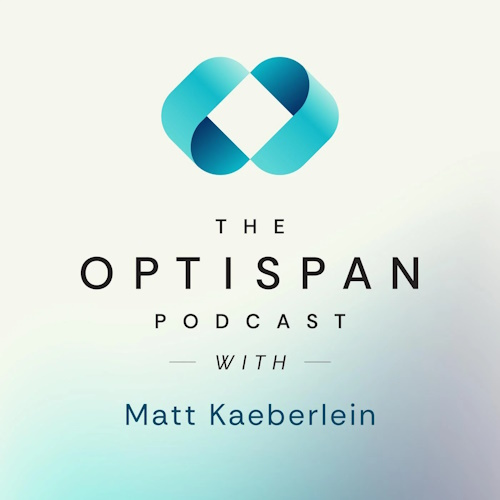Longevity Scientist Reacts to Bryan Johnson’s "I Edited My DNA To Live Forever"
Matt reacts to Bryan Johnson's Minicircle gene therapy video and answers Nick's questions
Last month, entrepreneur and venture capitalist Bryan Johnson released a Youtube video detailing his trip to Prospera, Honduras to receive follistatin gene therapy from the Minicircle Gene Therapy clinic. Bryan describes Minicircle's gene therapy as "a pioneering technology with the potential to improve muscle and strength, slow the speed of aging, and many more benefits".
In this episode, Matt reacts in real time to his first watch of Bryan's video and responds to Nick's questions about various topics that come up along the way. He provides a primer on gene therapy and its potential as a longevity intervention, discusses the clinical evidence for follistatin's effects on humans and model organisms, and goes through several things one might want to consider when deciding whether to partake in a new therapy. He also gives his honest take on "offshore medicine"—medicine performed in countries that lack the regulatory oversight of the United States Food and Drug Administration.
Key points
In this podcast, Matt reacts to his first watch of Bryan Johnson’s video about undergoing a pioneering gene therapy on a remote island that could transform humanity's future.
Gene Therapy:
- Gene therapy involves introducing genetic material into the body to change gene expression.
- It can include methods like injecting DNA or mRNA to alter protein production.
Types of Gene Therapy:
- Permanent genome modifications, used for inherited disorders.
- Transient gene therapies, which can temporarily turn genes on or off.
Minicircle Technology:
- This is a new form of gene therapy involving small, circular DNA molecules.
- Minicircles exclude unnecessary bacterial DNA, reducing potential immune reactions.
Medical Tourism for Gene Therapy:
- Bryan Johnson travelled to a Honduran island for the procedure, avoiding US FDA regulations.
- Such practices are common in medical tourism to bypass regulatory scrutiny.
Regulatory and Cost Challenges:
- For widespread use, therapies must pass through costly FDA trials to prove efficacy and safety.
- Scaling up production can reduce costs, as seen with mRNA COVID-19 vaccines.
Potential Applications of mRNA Technology:
- mRNA technology, used in COVID-19 vaccines, could be adapted for longevity interventions.
- Vaccines targeting aging-related issues, like senescent cells, are a possibility.
Safety Concerns: The "Kill Switch:
- Minicircle therapy includes a kill switch to stop gene expression if adverse effects occur.
- However, this mechanism cannot reverse damage already caused, such as cancer.
Telomere Lengthening Debate:
- Telomere lengthening, observed in some gene therapies, has mixed implications.
- While it can enhance immune function, it may also increase cancer risk.
Critique of Evidence for Longevity Benefits:
- Limited and controversial evidence supports gene therapy for extending lifespan.
- A single study in mice showed lifespan extension, but with significant criticisms regarding its methodology and conflicts of interest.
Conclusion:
- While gene therapy holds promise for enhancing health span and lifespan, more robust and reproducible evidence is needed.
- Ethical and regulatory considerations remain significant hurdles for its adoption.
Visit website: https://www.youtube.com/watch?v=wVAVizZzSfw
See alsoDetails last updated 09-Aug-2024





